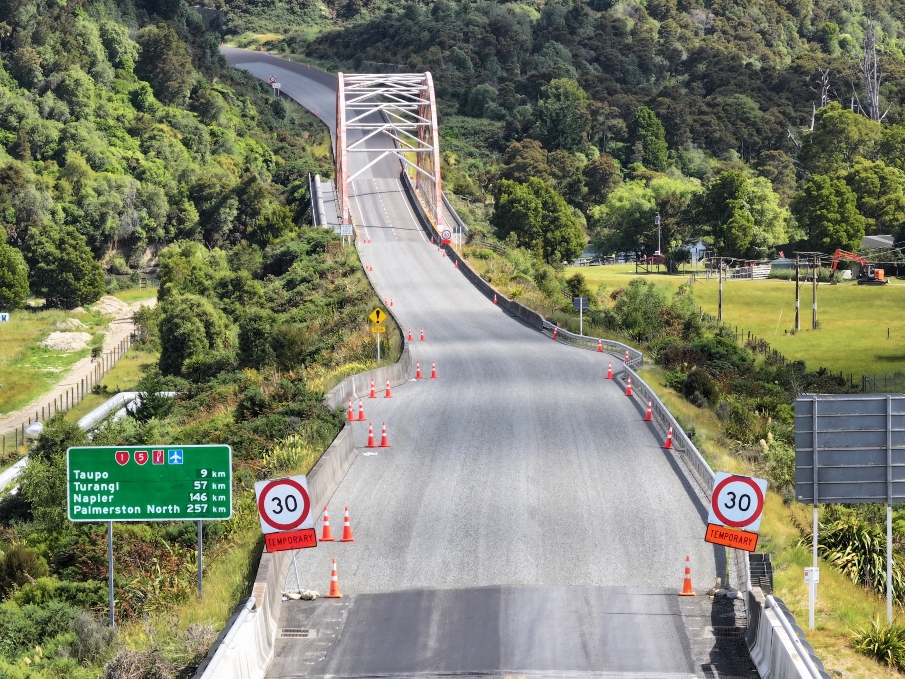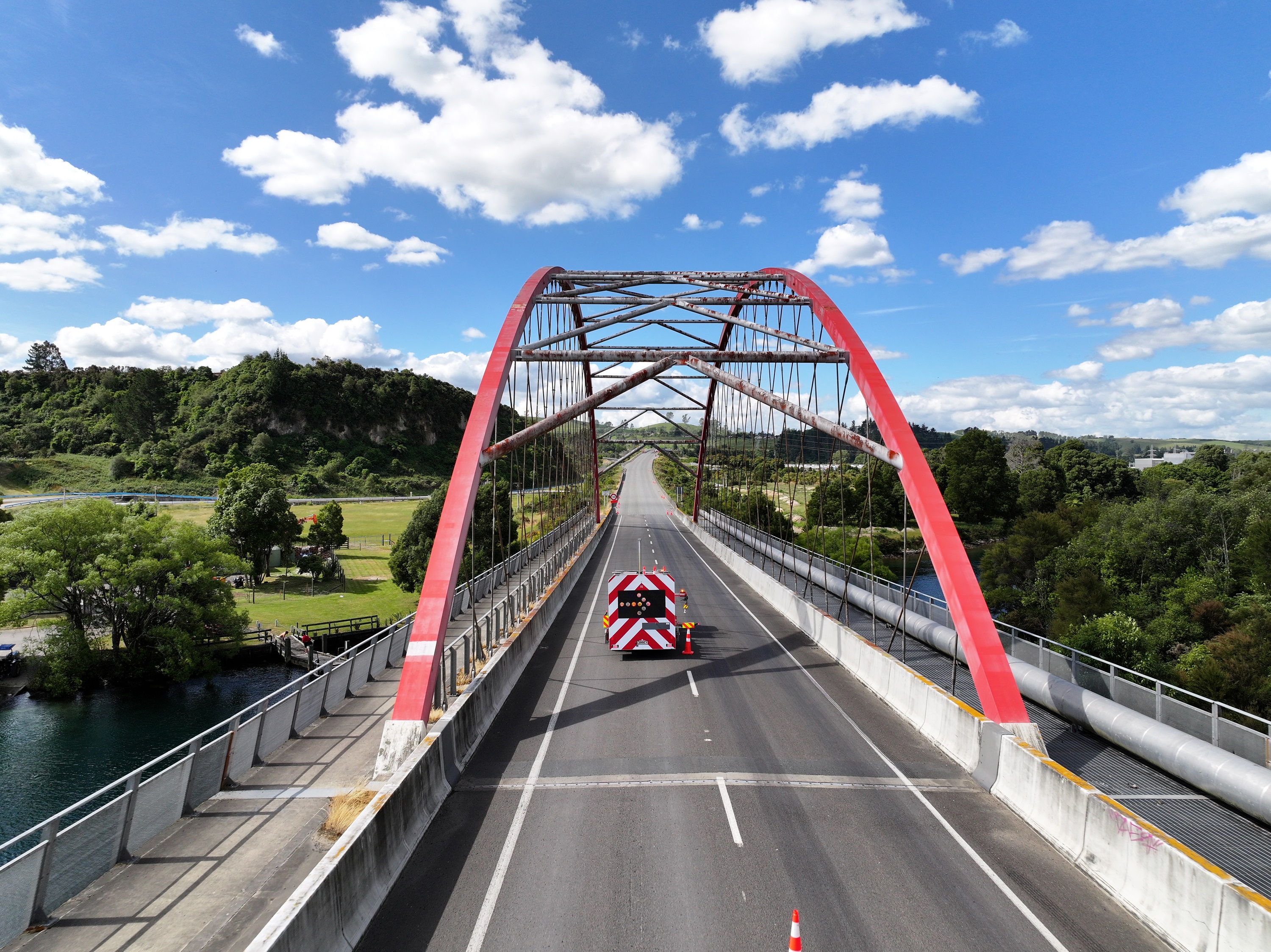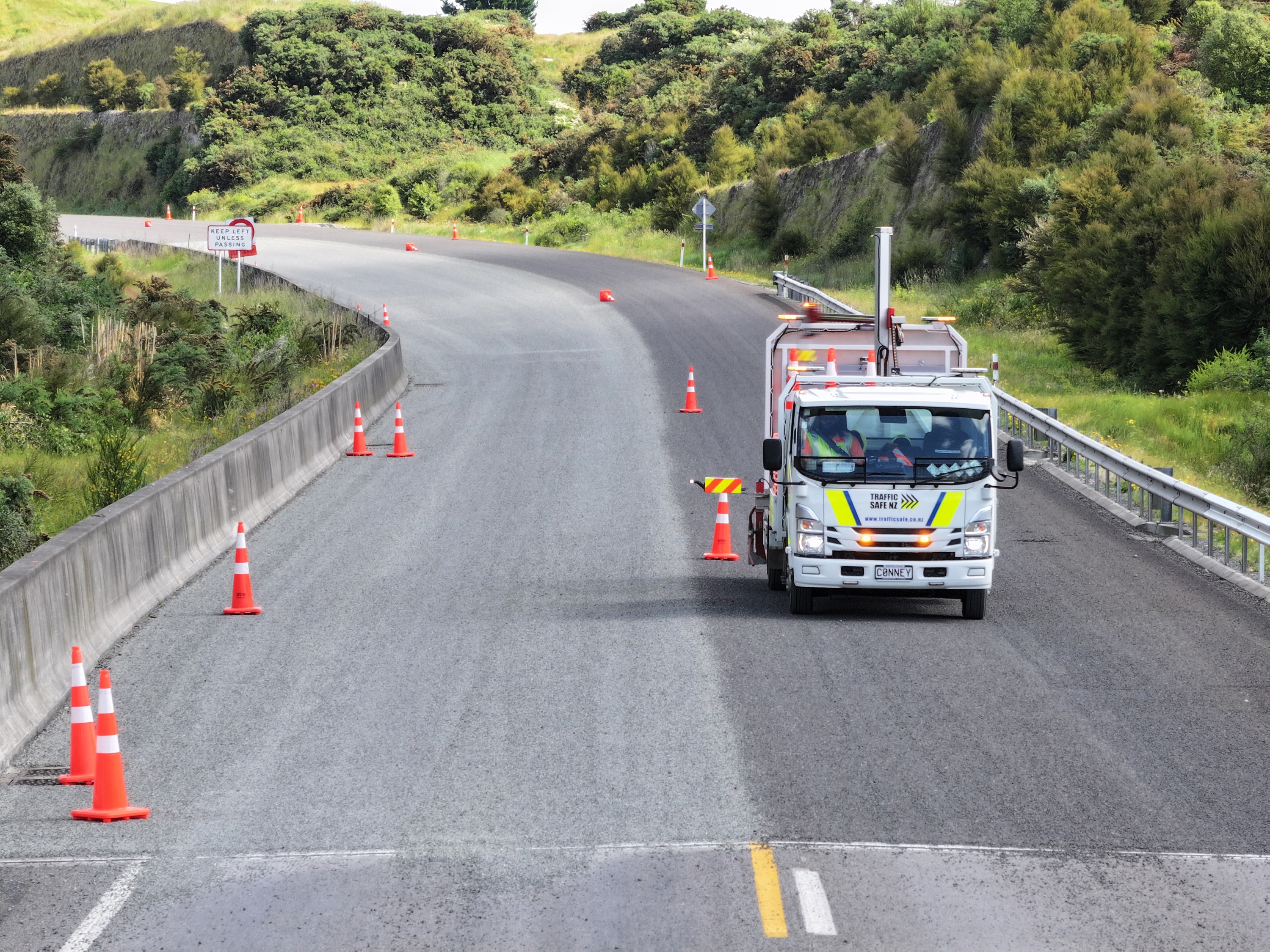-
About us
-
About us
Downer is listed on the Australian Securities Exchange and employs more than 26,000 people.
Learn more
-
-
What we do
-
What we do
Downer is a leading provider of integrated services in Australia and New Zealand.
Learn more -
-
-
Investors
-
Investors
View our latest ASX announcements as well as financial reporting, key dates and shareholder information.
Learn more
-
-
News and media
-
News and media
View the latest news from Downer as well as our capability brochures.
Learn more
-
-
Sustainability
-
Sustainability
We understand the importance of having a responsible and forward-thinking approach to sustainability.
Learn more
-
-
People and careers
-
People and careers
Our people are fundamental to the culture and success of Downer.
Learn more
-
-
Contact us
-
Contact us
Downer has over 300 sites across Australia and New Zealand with our head office based in Sydney.
Learn more
-
Embedded Video
New Zealand Assembled Robotic Traffic Cone Machine at T2W
25/03/2025

Key Information: State Highway 1 Tīrau to Waiouru Maintenance| Central North Island | Sep 2024–Dec 2025
Overview
Since September 2024, sections of State Highway 1 (SH1) between Tīrau and Waiouru (T2W) have been part of New Zealand's largest-ever maintenance project —the accelerated maintenance programme. As a critical national route, T2W requires more than basic maintenance. Through an unconventional approach the project is delivering 110 lane kilometres of road renewals in 'zones' through the deployment of multi-month full road closures.
By condensing what was to be a four-year programme to 16 months, this approach is transforming SH1, preventing further deterioration with the primary objectives being to enhance the quality and resilience of the road network by upgrading it to a higher standard and creating a more durable and reliable state highway. Long term, this way of working will reduce the need for costly ongoing maintenance and patching, benefiting all stakeholders.
A key innovation, was the introduction of a risk-based approach to Temporary Traffic Management (TTM) which has allowed for more dynamic and tailored solutions, enhancing efficiency and expediting project delivery. The adoption of this methodology has enabled the project to enhance decision-making by balancing safety, efficiency and cost to deliver not only risk-based, but right-sized TTM solutions.
The challenge
The Downer team has been committed to delivering value for money outcomes for the T2W project, constantly challenging traditional TTM method. The project has also provided an opportunity to trial innovative equipment and technology serving as a valuable ‘proof of concept’ to test and refine these innovations in real-world conditions.
A key focus on T2W has been using TTM as an enabler to unlock efficiencies while upholding the ethos of ‘quality always.’ By implementing fit-for-purpose TTM measures, the team has streamlined operations, and uplift safety standards for the TTM teams all while ensuring optimal outcomes for the newly sealed pavement.
During the sealing process, fresh chip is laid and is required to be trafficated allowing vehicles to gently embed the chip into the surface before full reopening. The TTM teams support this organic trafficating method by implementing a 'cone wall method' which sees cones placed both vertically and horizontally creating 2 lanes. The cones are strategically manually shifted horizontally continuously to keep road users always moving in an even distribution across the full width of the road. This method plays a vital role in maintaining both public safety and pavement integrity during the unsealed period and reinforces the long-term durability and performance of the pavement, aligning with our commitment to delivering high-quality infrastructure.
Traditionally, this 'cone wall' method of trafficating was undertaken through manual placement and retrieval of road cones by TTM workers, exposing them to high-risk interactions with live traffic whilst operating on the back of a moving TTM vehicle. To enhance safety and efficiency, we explored the introduction of an automated cone machine as an engineering control to replace the manual method. While this innovation offered clear benefits in reducing workforce exposure to live traffic and showcased an opportunity for innovation, it required extensive planning to ensure that these efficiencies did not compromise the most critical aspect of the project; the integrity and quality of the new seal.
Ensuring the automatic cone machine was fit for purpose was a critical aspect of this trial. It provided valuable insight into how innovation, efficiency, and quality can be balanced, ensuring these factors remain central to Downer’s approach on T2W.
Our solution
As part of our commitment to the risk-based approach on T2W, we have been working closely with one of our preferred subcontractors Traffic Safe NZ; a progressive, New Zealand-owned and operated TTM specialist with operations across the North Island. Traffic Safe NZ is the only organisation in the country to own automatic cone machines, with a fleet of eight.
Together we have collaborated to develop and implement a new trafficating methodology, replicating the ‘cone wall’ method using the automated cone machine. This game-changing innovation aligns with our commitment to safety while still being efficient.
As the first machine of its kind deployed in New Zealand, it is capable of automatically deploying and retrieving cones on both sides of the vehicle, with the only human involvement being the driver.
Traffic Safe NZ Director Karl Hitchcock has estimated that 'replacing manual coning with these machines could eliminate 43% of serious injuries and reduce injuries requiring first aid by 37%', significantly enhancing safety outcomes at T2W and across future TTM operations.
Value delivered:
The introduction of automatic cone machines has created an opportunity to transform TTM operations, with the potential applications far beyond traffication. These machines have already demonstrated their ability to increase efficiency, reduce resource requirements, and eliminate the need for traditional methods that rely on extensive plant, equipment, and manual handling , significantly reducing safety risks associated with worker exposure to live traffic.
On T2W, we deployed all four machines simultaneously, reducing the need for three trucks and five workers to just one driver and a single machine per deployment. It also reduced the traditional Code of Practice for Temporary Traffic Management cone requirements of cones at 10m intervals to 60m intervals whilst operating within a 17kph top 30kph speed range during installation and removal. These efficiencies have played a key role in contributing to the reduction of overall TTM costs while ensuring that our TTM methods align with WorkSafe’s hierarchy of controls, to prioritise eliminating or minimising risks at the source.
Given its proven success, we are pleased to continue to use the automatic cone machines for all remaining traffication activities on T2W, reinforcing our commitment to sustaining 'right sized and risk assessed' TTM operations.

